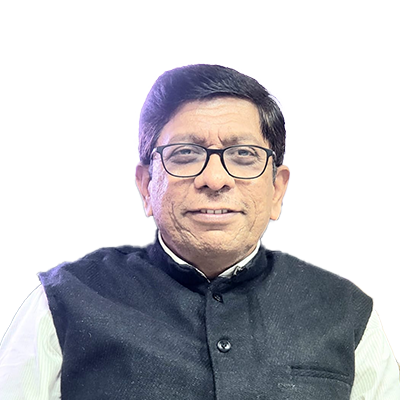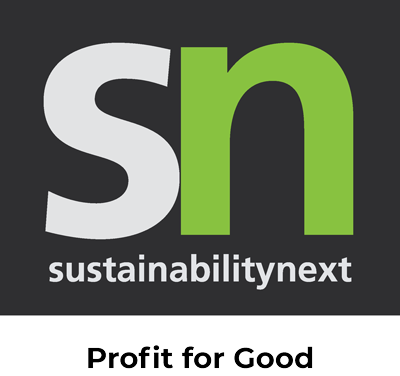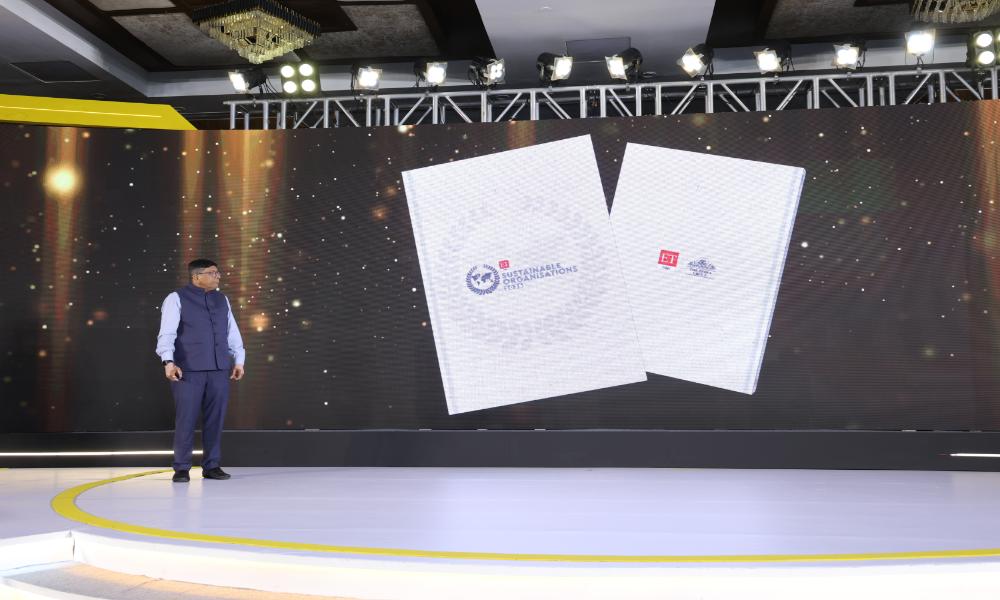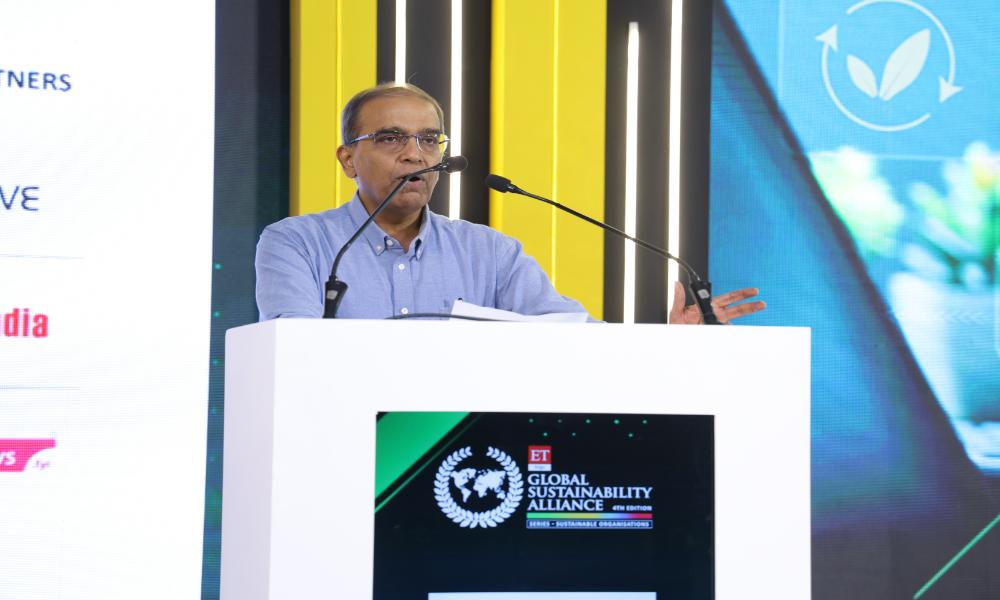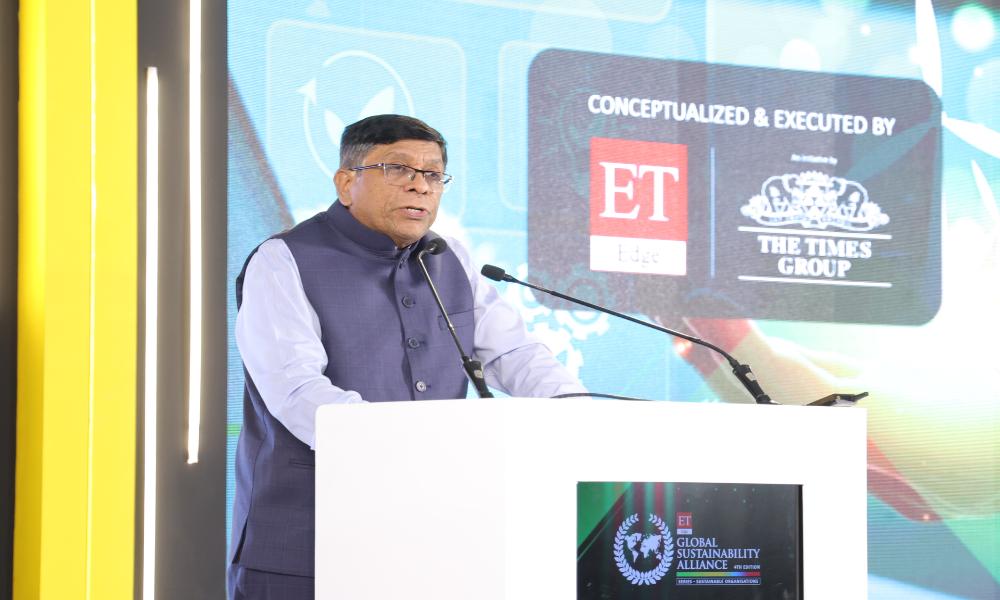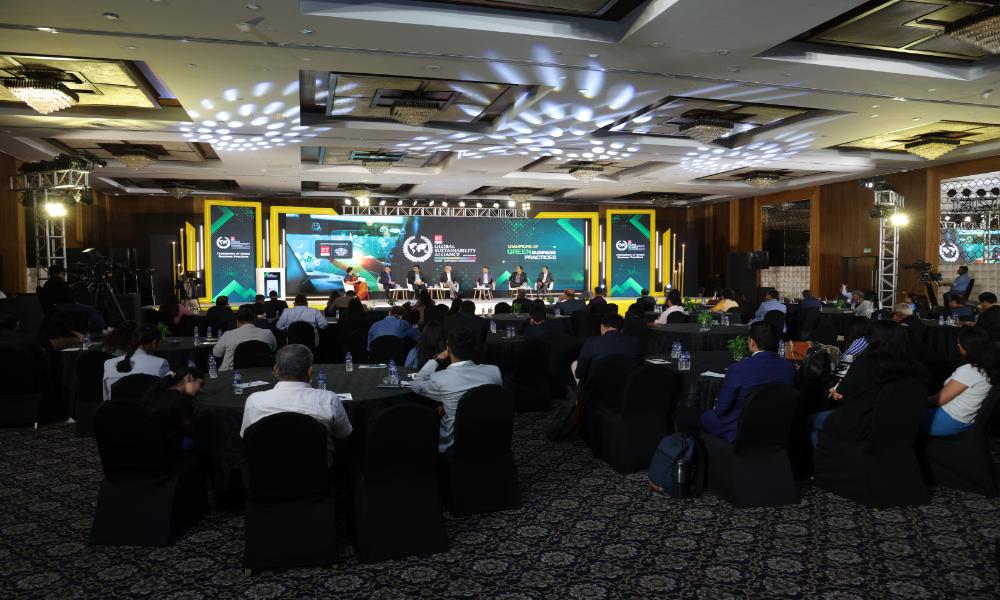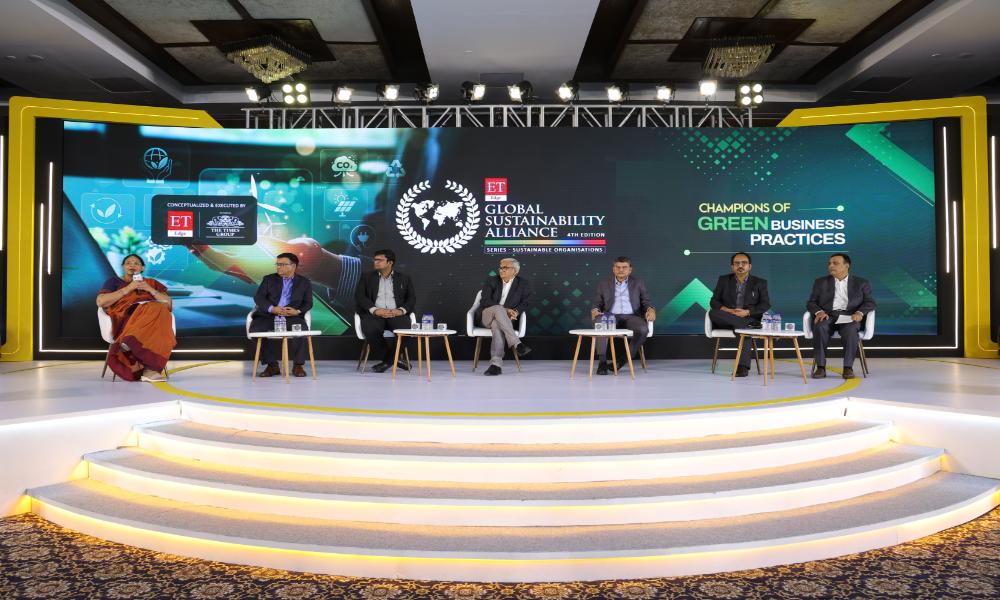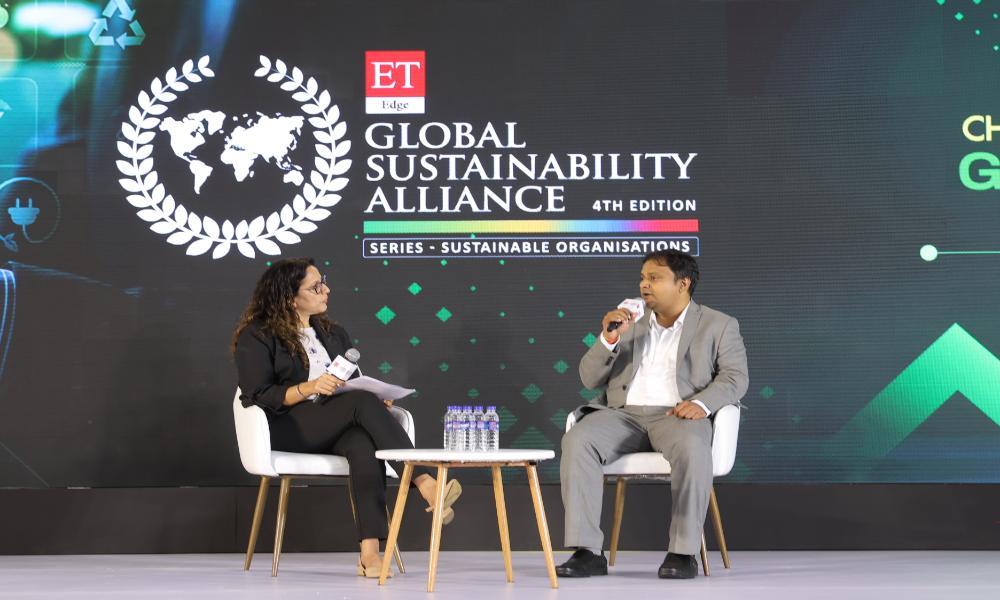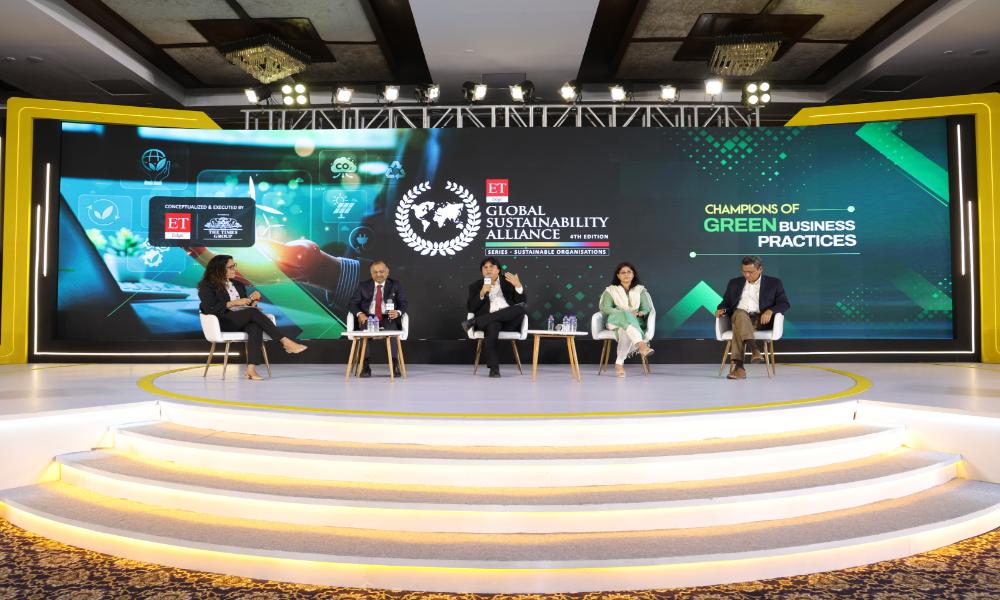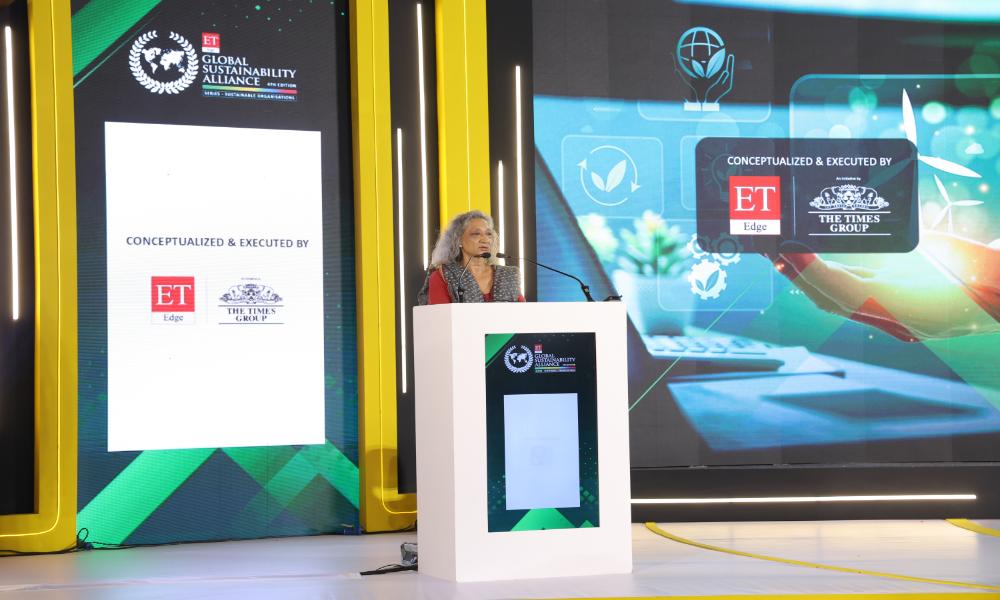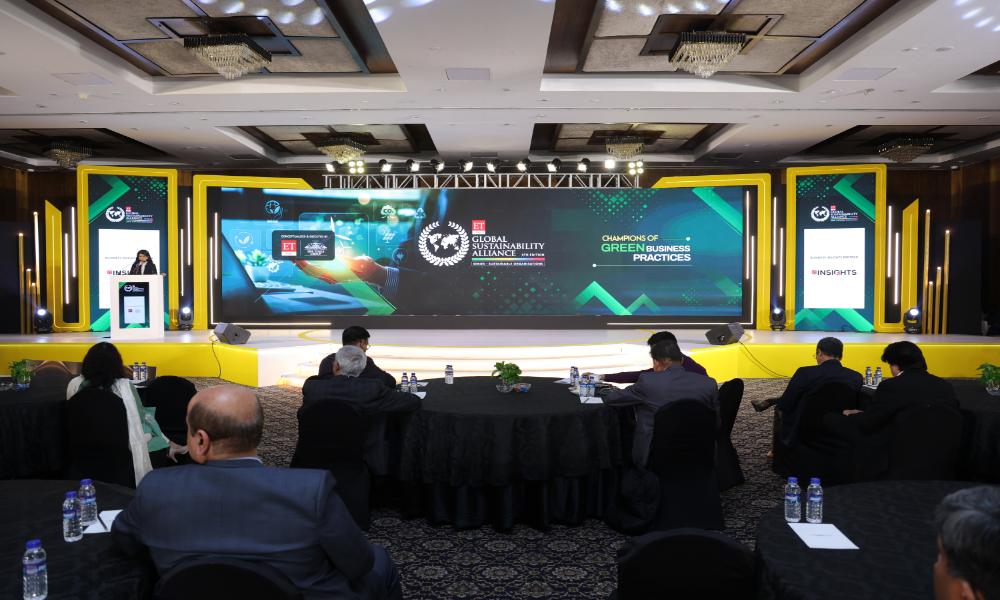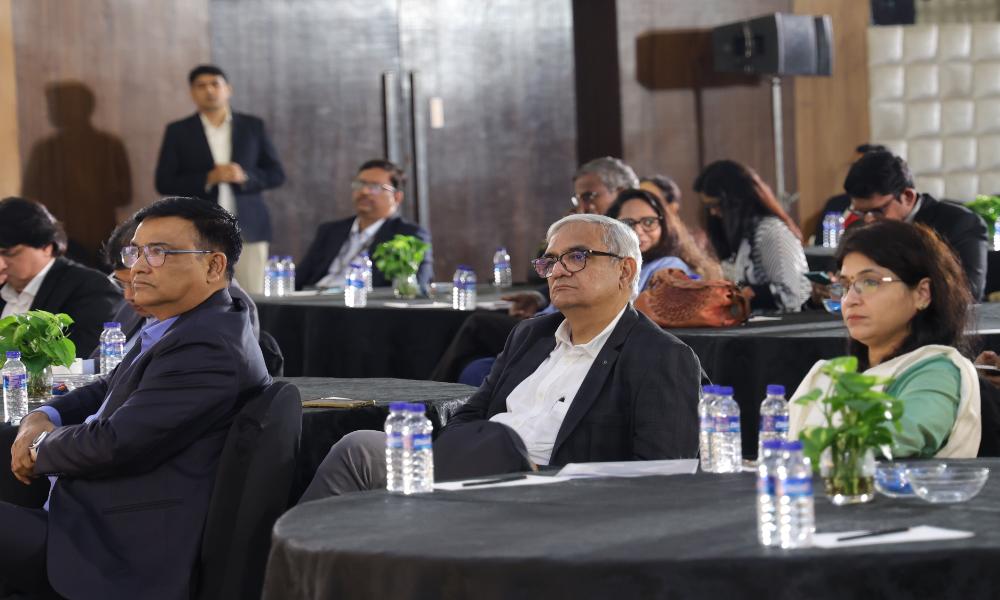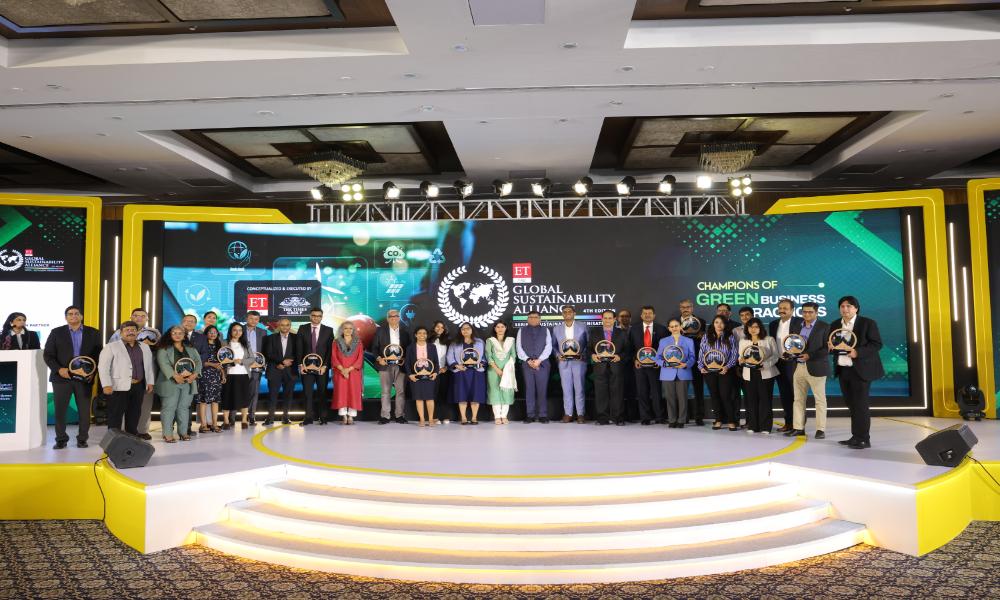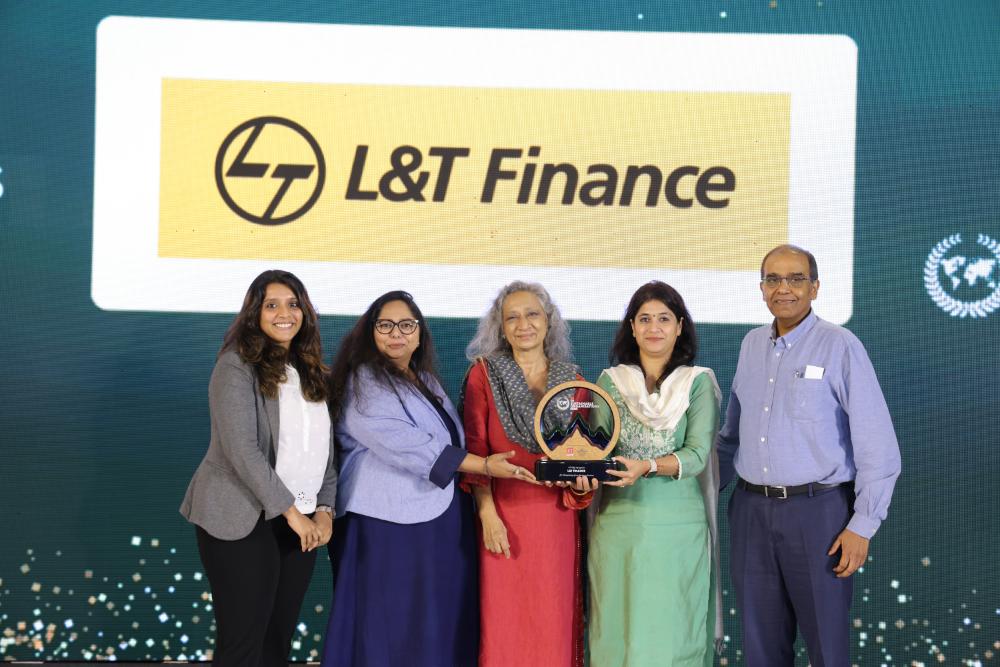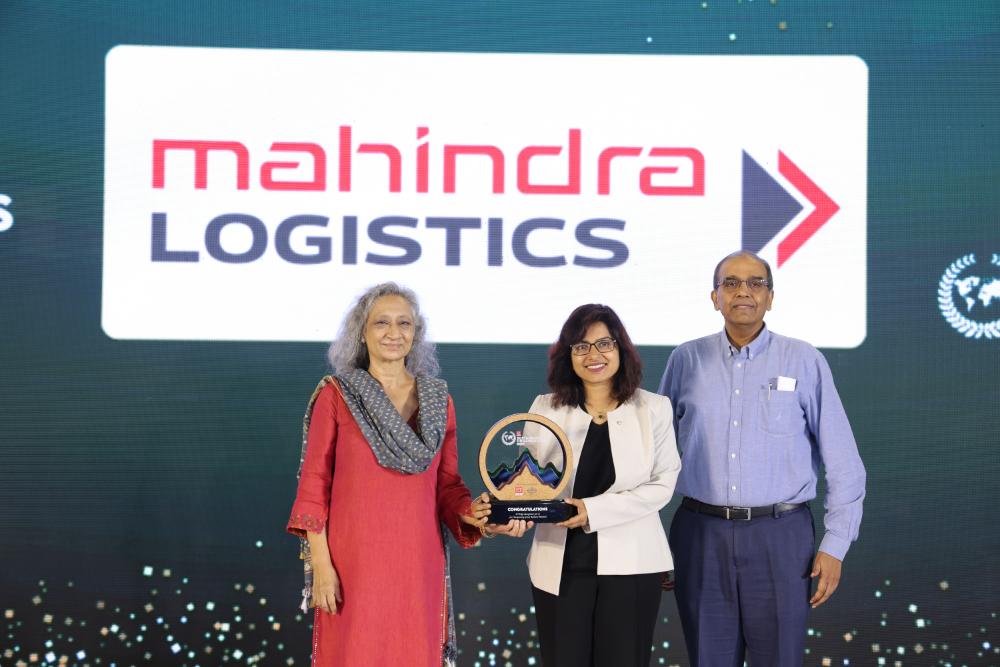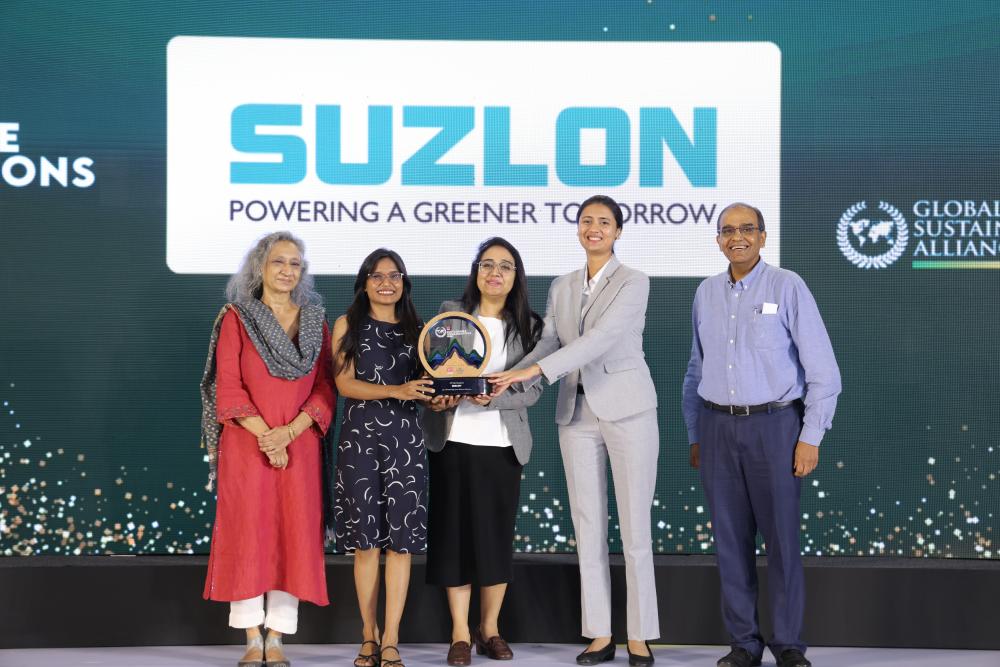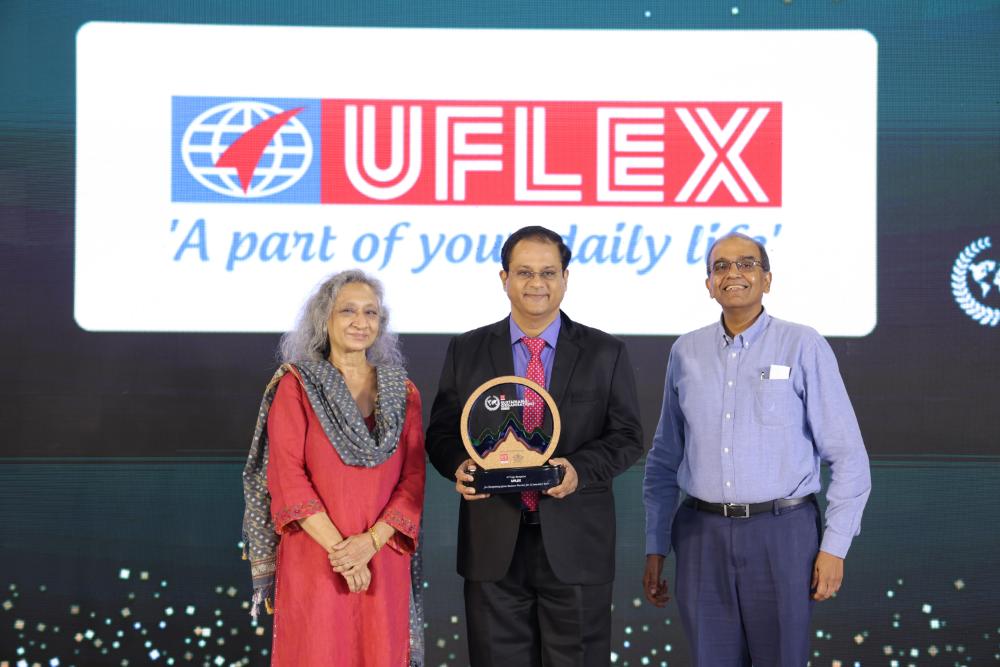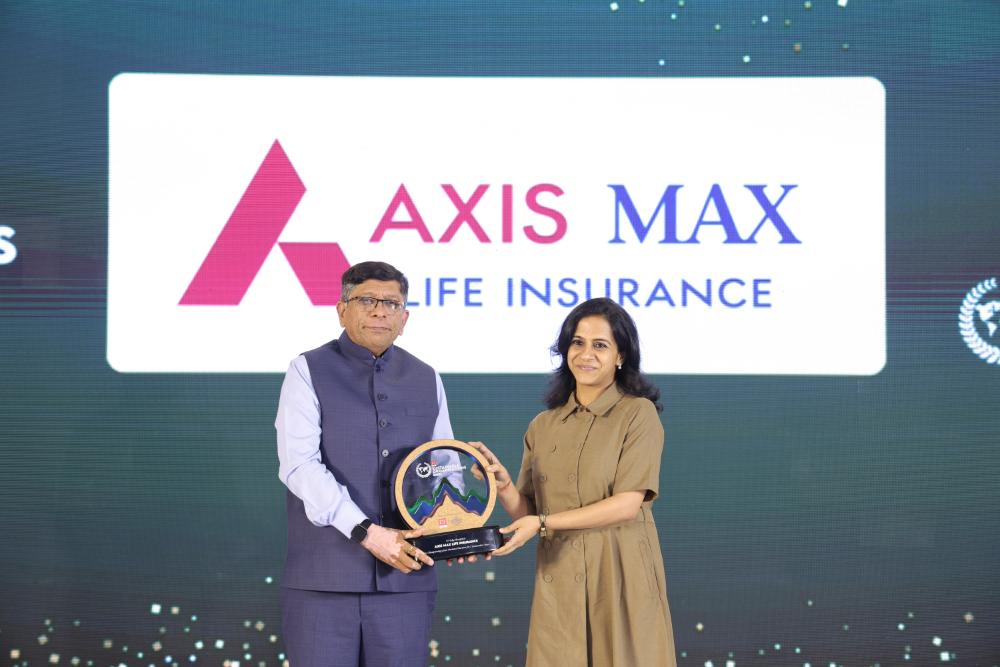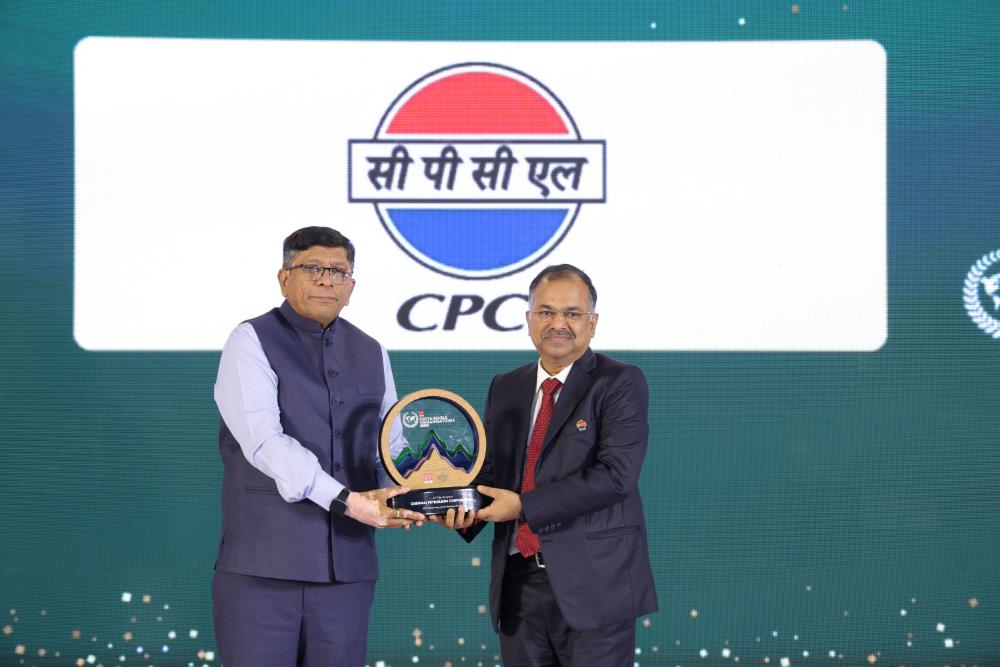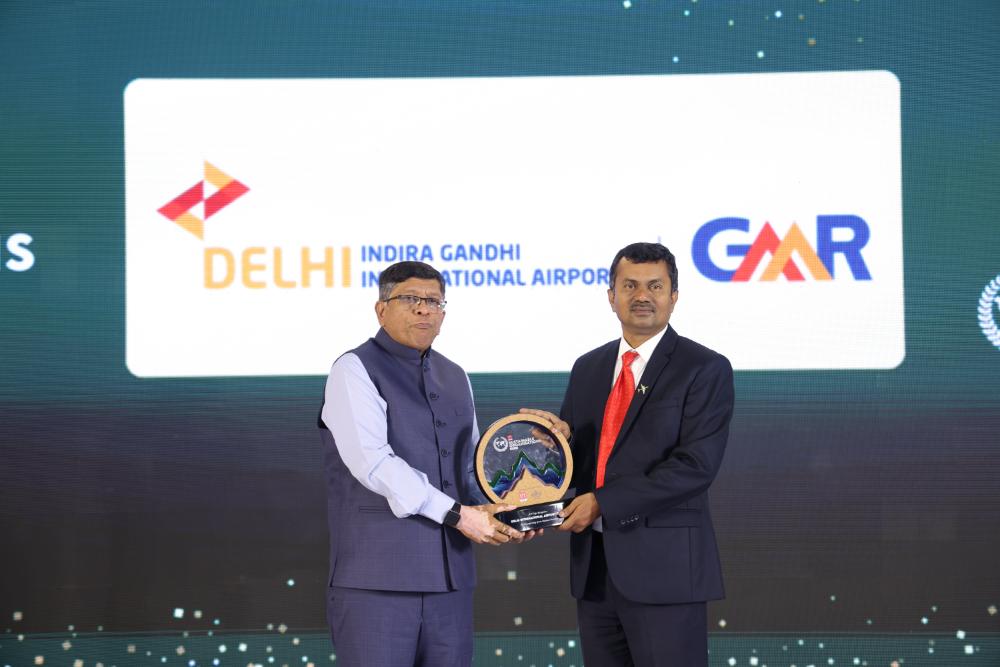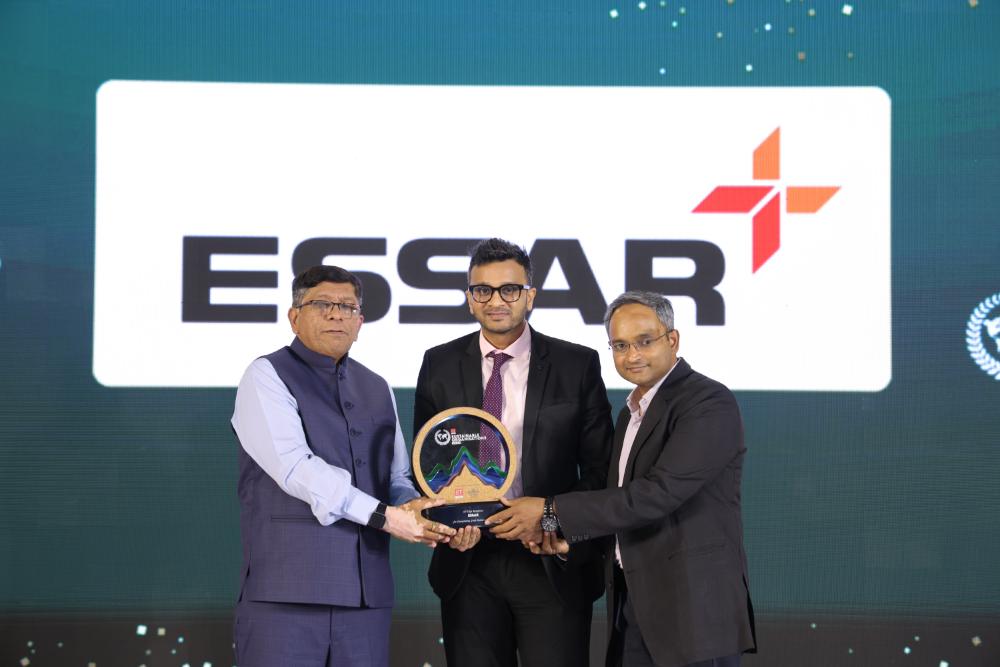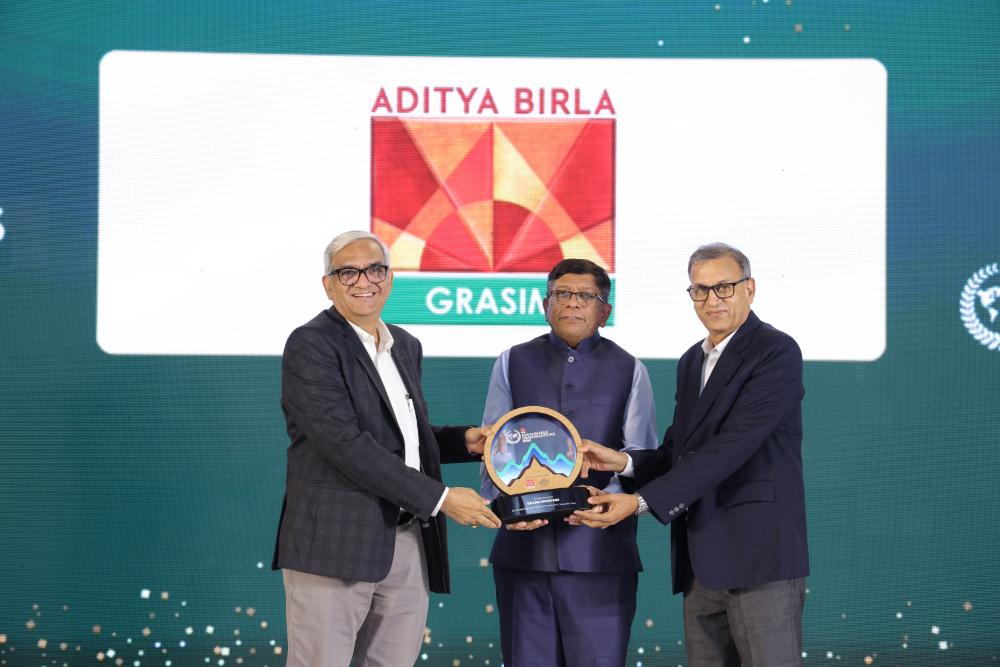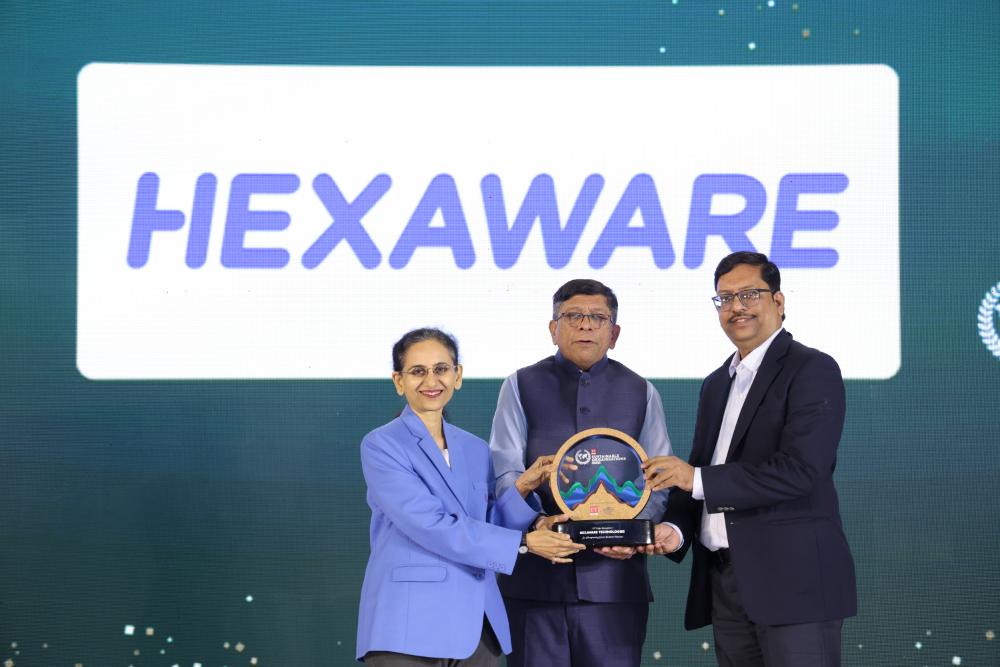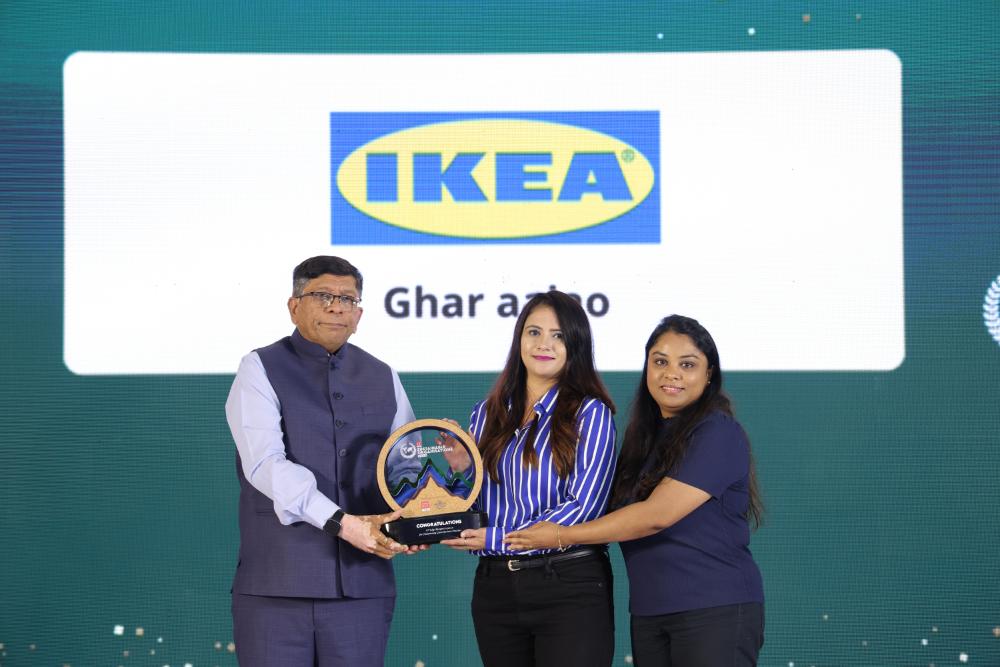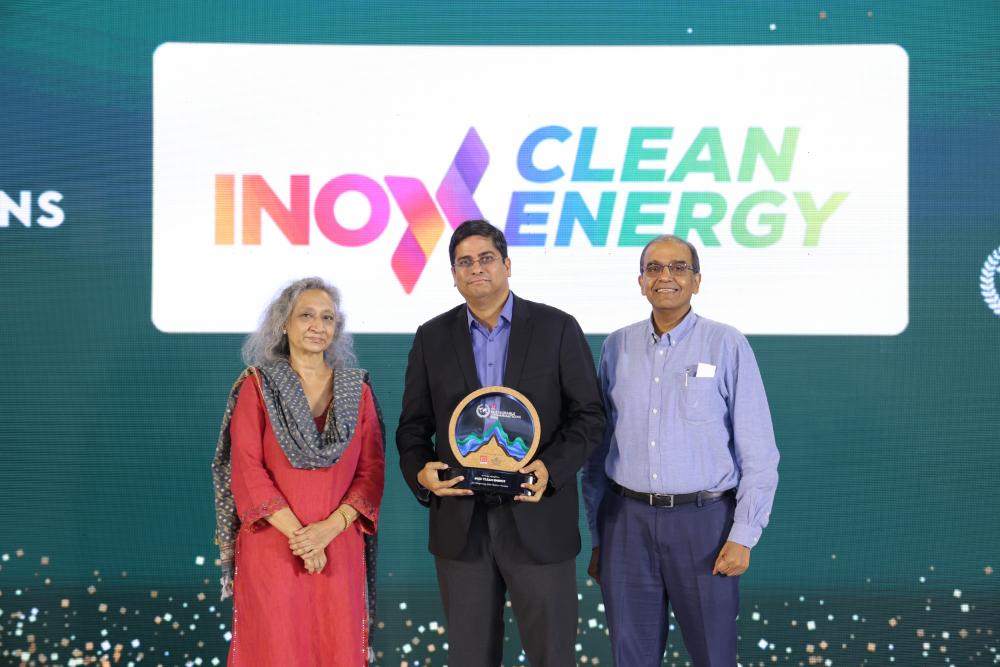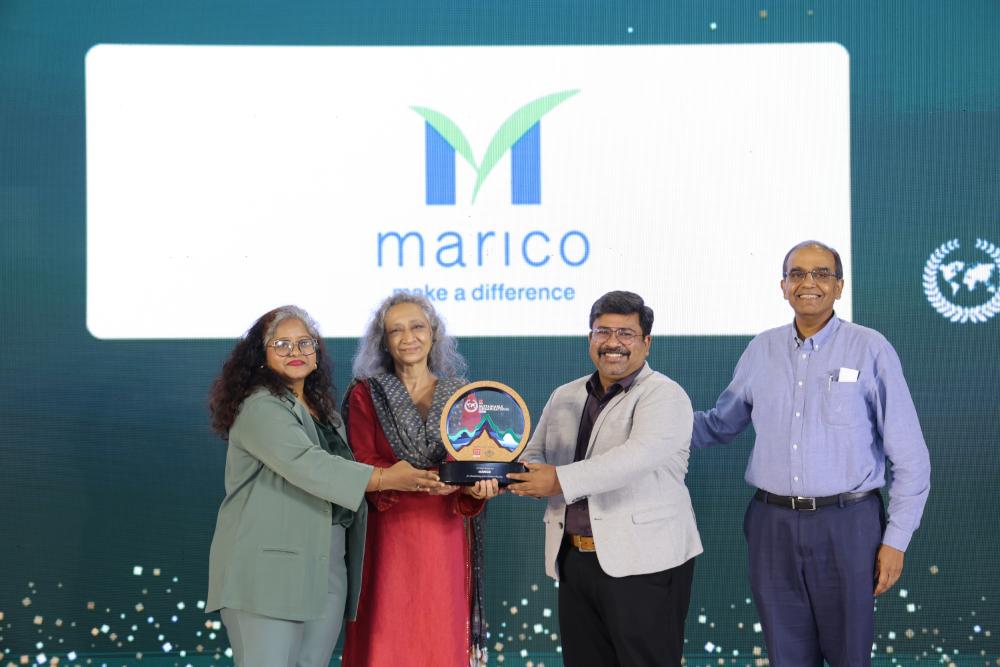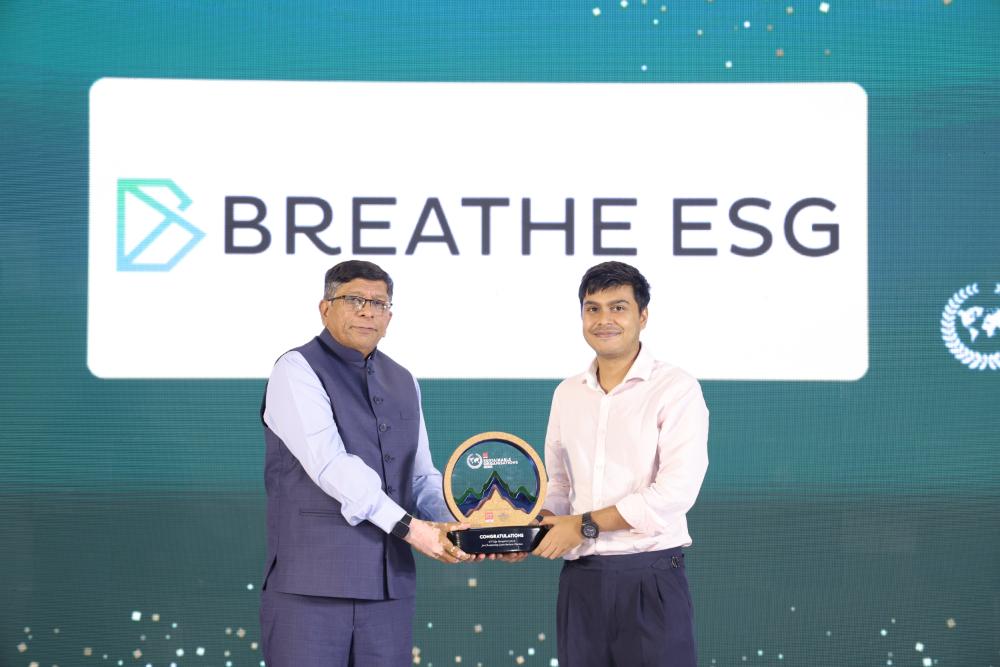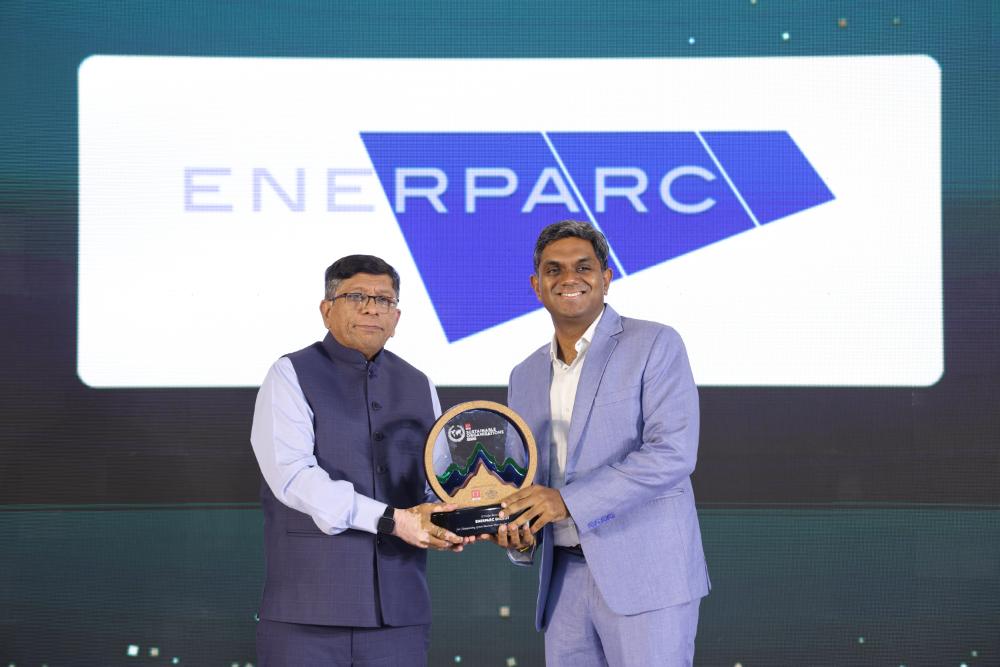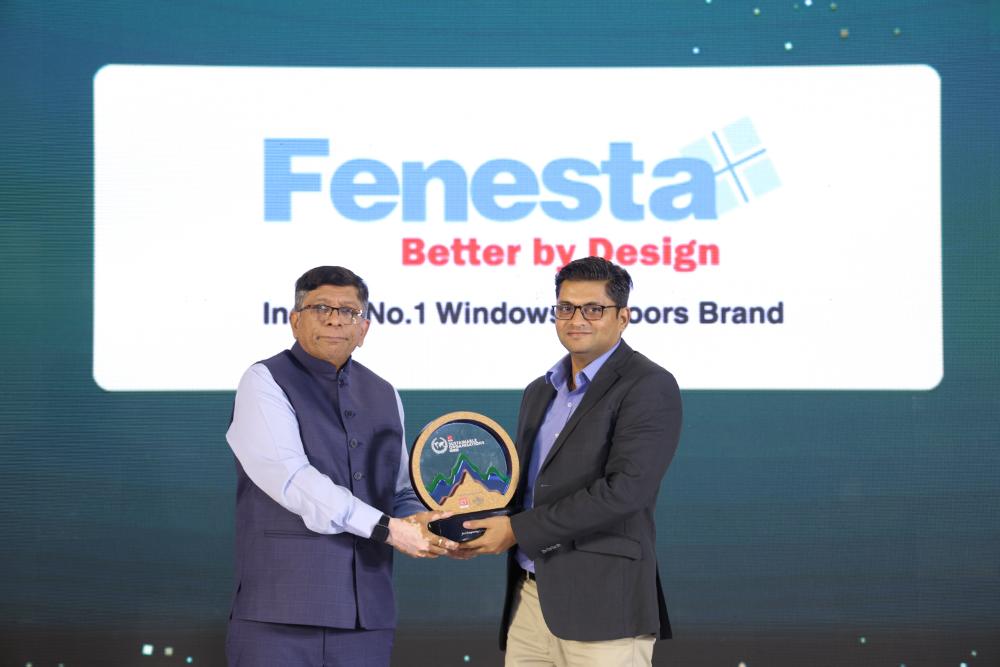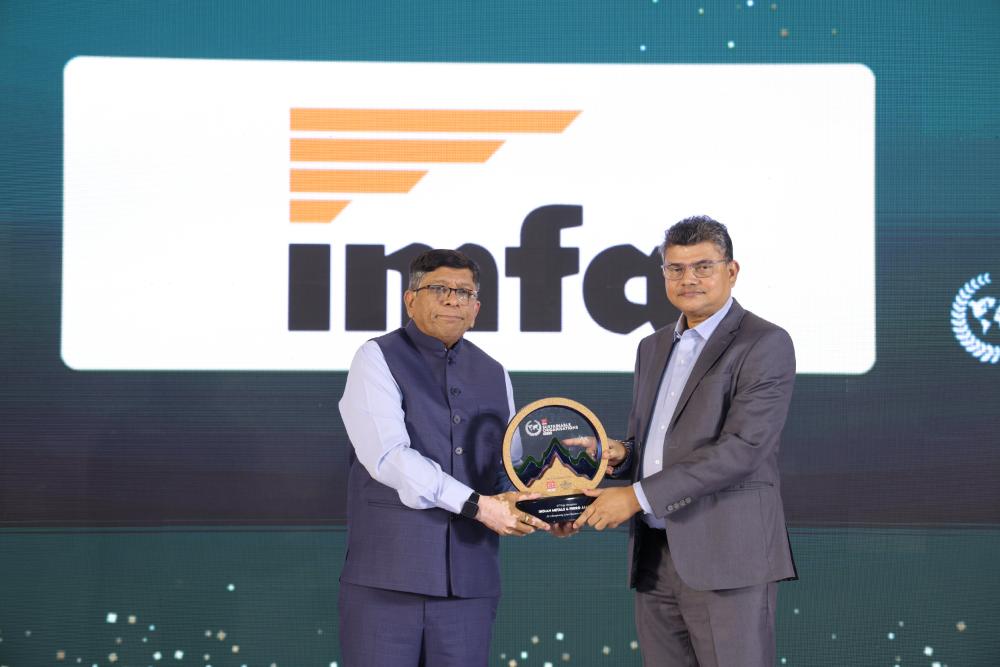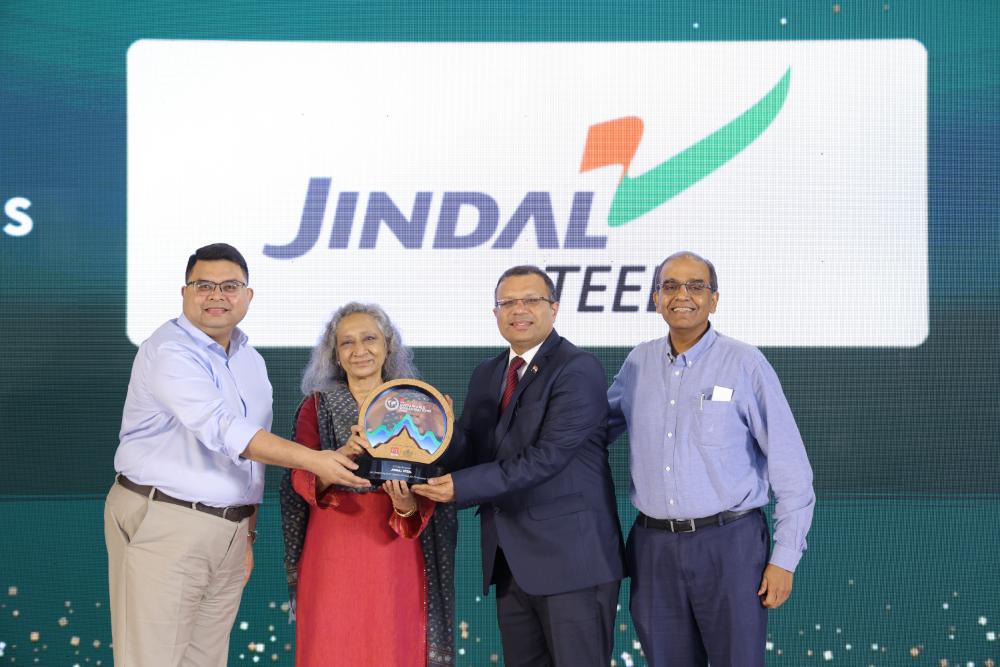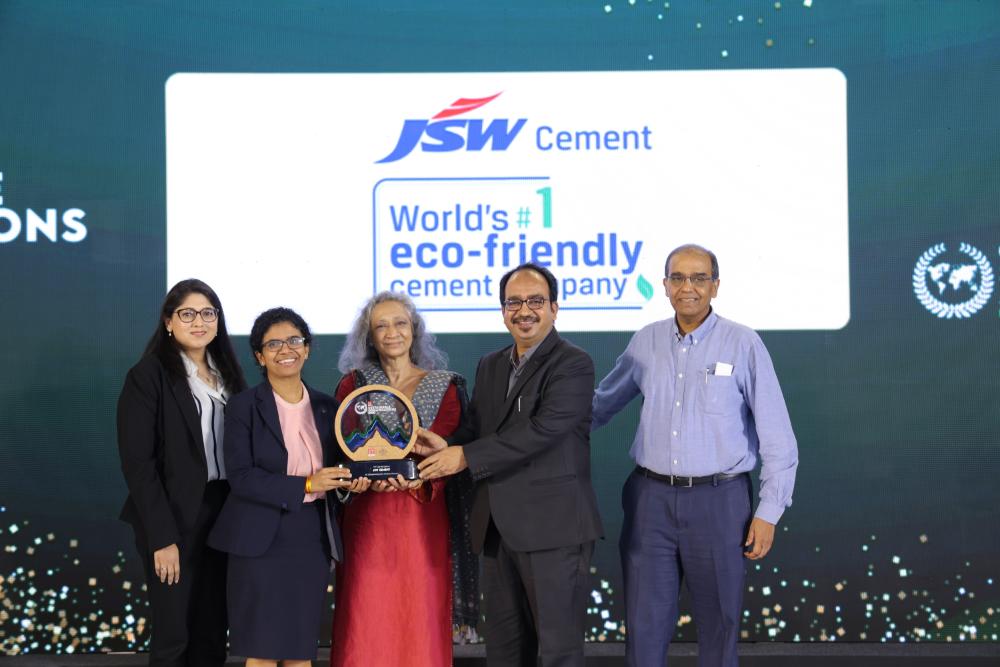As businesses navigate through changes brought in by globalization, technology, society, and consumer behavior, embedding ESG factors into their core strategy can help deliver long-term value.

Champions of Green
Business Practices
- 26th June 2025 | Sahara Star, Mumbai

Overview
A strong action-oriented mindset is becoming central to climate responsibility across organizations. Beyond deploying subject matter experts to lead sustainability efforts, many are now embracing transformative initiatives that position them as true ‘Green Warriors of the Planet’.
Sustainability is no longer viewed as an add-on; it’s fast emerging as a strategic driver of brand growth and long-term value. Leading businesses around the world are taking conscious steps to reduce their environmental impact, adopting eco-friendly practices across operations, manufacturing, and value chains. In today’s competitive and fast-evolving global landscape, it’s not just about adopting green practices—it’s about creating a transformative ecosystem of innovation that puts sustainability at the heart of business.
Glimpses from Past Edition
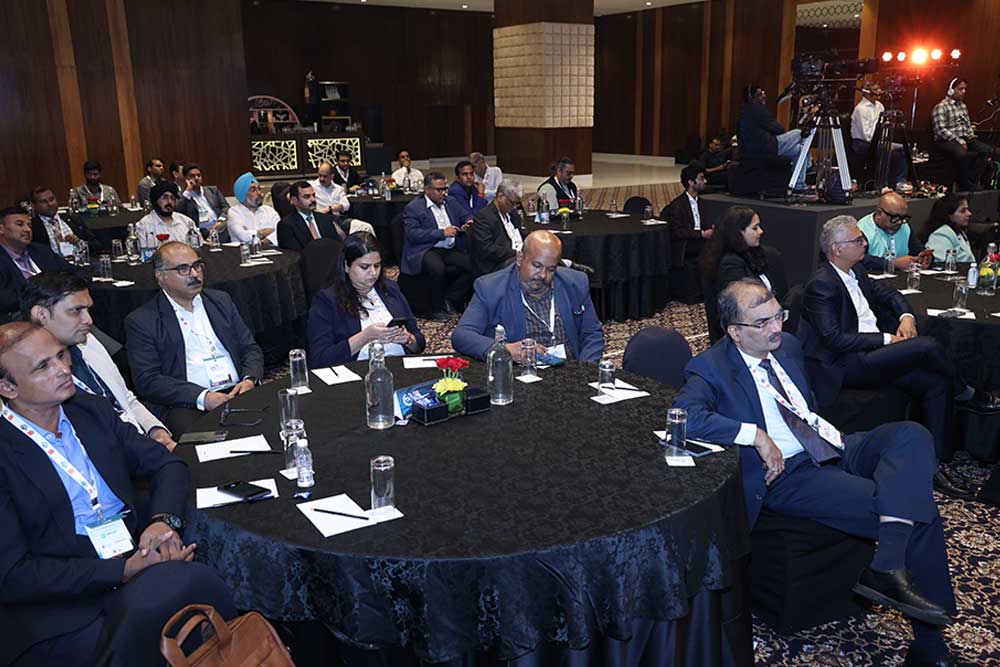






About the Initiative
Now in its 4th edition, the GSA Sustainable Organizations Coffee Table Book 2025 continues to spotlight India’s most impactful sustainability leaders. This edition will chronicle powerful stories of businesses that are leading the green transition—not just through climate pledges, but through measurable, scalable actions that shape real-world impact.
Through curated features, leadership profiles, and innovation showcases, this publication will:
- Recognize exemplary organizations adopting climate-resilient, low-impact business models
- Highlight emerging trends and sectoral strategies in sustainability
- Foster a community of changemakers driving the green business movement forward
The previous editions featured leading brands like Godrej & Boyce, Tech Mahindra, Jindal Steel Works, Kirloskar Systems, and Grasim Industries, alongside insights from global institutions including United Nations, NITI Aayog, and World Bank.
Introduction
The Sustainable Organizations platform has consistently spotlighted forward-looking actions by responsible change-makers, celebrating their success stories, sources of inspiration, and achievements in making businesses greener. The last editions focused on delving deeper into concepts, strategies, and success studies of prominent green champions through stand-alone sessions, fireside chats, panel discussions and roundtable discussions, as we continue to decode the urgent call for climate action and sustainability leadership
Criteria for Selection
Companies are evaluated on the criteria below for them to be listed as sustainable organizations.
Governance Factors: How effectively is the governance for responsible business structured? How forthcoming are companies with respect to responsible business activities & performance?
-
Mapping Business Goals with Sustainable development goals
-
Managerial accountability of responsible business issues
-
Corporate policies and management systems, such as a signatory to the United Nations Global Compact (UNGC), a formal policy on sustainable practices, a formal CSR policy, etc.
-
How forthcoming are companies with respect to responsible business activities and performance?
-
Sustainability reports as per standards, such as the GRI reports
-
Disclosure on financial filings
-
Participation in global projects such as the carbon disclosure project
-
External assurance and impact assessment of responsible reporting
-
Broad oversight of ESG, CSR & sustainability issues
Social: How well-structured & strategic are key stakeholders (employees, community, customers, and suppliers) integrated within a company’s responsible business framework?
-
Employee-centric initiatives
-
Customer-centric initiatives
-
Community-centric initiatives
-
Supplier-centric initiatives
Environment: How pervasive are sustainability practices (initiatives and targets to manage waste, water, energy, emissions) of companies?
-
Programs related to waste water and energy, and targets to reduce their impact
-
Promoting sustainable products and services
-
Programs and targets to build sustainable supply chains
-
Programs and targets to build sustainable logistics.
This coveted book featuring the top CEOs and sustainability leaders of the country will be launched at Global Sustainability Alliance 4th edition of Sustainable Organizations 2025 as planned in June 2025.
Key Takeaways
1
Opportunity to network with other CEOs.
2
Increase sustainability sector network.
3
Generate opportunities for collaboration.
4
Gain new ideas and share your views with new leaders.
5
Have realistic and up-to-date business information and guidance.
6
Learning how to use resources and tactics to deal with difficult circumstances.
7
Gain an industry outlook and cutting-edge ideas & keeping up with emerging practices.
8
Address the unique problems that come with the job, as well as gain context, and a fresh perspective.
Who Should Attend?
CEOs
Presidents
CSR Leaders
Country Heads
Executive Directors
Managing Directors
Sustainability Heads
Who should attend?
CEOs
Presidents
CSR leaders
Country Heads
Executive Directors
Managing Directors
Sustainability heads
Key Highlights
One-on-One & Networking
Recognitions & Felicitations
Chief Guest
Speakers
General Counsel & Company Secretary, Head of ESG and CSR
Axis Max Life Insurance
Agenda
14:00 – 14:30Registrations & Welcome Networking
14:30– 14:35Welcome Address
14:35-14:50Opening Keynote: Nation First, Planet Always: Building a Culture of Sustainable Organizations
Remarks by Sumaira Abdulali, Environmentalist and Convenor, Awaaz Foundation
14:50 – 15:20Panel Discussion: The Triple Bottom Line Approach: Integrating Social, Environmental & Economic Goals
This session will explore how leading organizations and financial institutions are integrating social, environmental, and economic goals to drive long-term value, manage risk, and meet stakeholder expectations. Attendees will gain insights into practical strategies, investment approaches, and performance metrics that support sustainable and profitable growth.
Moderator: Pallavi Mathur Lal, Senior Director, Ipsos
Panel discussion among:
- Rohit Kumar Agrawala, Director, Finance, Chennai Petroleum Corporation Limited
- Sandeep Chandna, Chief Sustainability Officer, Tech Mahindra
- Apurva Rathod, Company Secretary and Chief Sustainability Officer, L&T Finance Limited
- Sridhar Sarathy, Chief Ethics Officer & Head – Sustainability & CSR, Tata Capital
Plus Q&A
15:20 – 15:35Fireside Chat with Manish Joshi, Commercial Director, Asia, Ball Beverage Packaging and Pallavi Mathur Lal, Senior Director, Ipsos
15:35 – 16:15Panel Discussion: Sustainable Enterprise: Aligning ESG-Integrated Decarbonization with the SDG Agenda
This session explores how enterprises are aligning ESG-integratedThis session explores how enterprises are aligning ESG-integrated decarbonization strategies with the broader UN
Sustainable Development Goals (SDGs). It will highlight the business case for climate action, the role of ESG
frameworks in driving measurable impact, and how aligning sustainability efforts with global development priorities
can unlock long-term value, resilience, and stakeholder trust.
Moderator: Swati Agrawal, CEO & President, Advisory Division, Care Analytics and Advisory
Panel discussion among:
• Prabodha Acharya, Chief Sustainability Officer, JSW Group
• Ankit Todi, Chief Sustainability Officer, Mahindra Group
• Surya Valluri, Chief Sustainability Officer, Grasim Industries
• Sandeep Narade, VP and Head Mining Business Unit, Indian Metals & Ferro Alloys
• Manoj Kumar Rustagi, Chief Sustainability and Innovation Officer, JSW Cement
• Dr. Mritunjay Chaubey, Global Vice President & Head – Environment & Sustainability, UPL
• Plus Q&A decarbonization strategies with the broader UN Sustainable Development Goals (SDGs). It will highlight the business case for climate action, the role of ESG frameworks in driving measurable impact, and how aligning sustainability efforts with global development priorities can unlock long-term value, resilience, and stakeholder trust.
Moderator: Swati Agrawal, CEO & President, Advisory Division, Care Analytics and Advisory
Panel discussion among:
- Prabodha Acharya, Chief Sustainability Officer, JSW Group
- Ankit Todi, Chief Sustainability Officer, Mahindra Group
- Surya Valluri, Chief Sustainability Officer, Grasim Industries
- Sandeep Narade, VP and Head Mining Business Unit, Indian Metals & Ferro Alloys
- Manoj Kumar Rustagi, Chief Sustainability and Innovation Officer, JSW Cement
- Mritunjay Chaubey, Global Vice President & Head – Environment & Sustainability, UPL
- Plus Q&A
Keynote Address: Nation First, Planet Always: Building a Culture of Sustainable Organizations
16:15-16:25Chief Guest Address: From Policy to Practice
Remarks by Nandkumar Gurav, Advisor, Maharashtra Pollution Control Board
16:25-16:30 Research Partner Remarks: Vivek Gupta - Managing Director - Ipsos
Remarks by Nandkumar Gurav, Advisor, Maharashtra Pollution Control Board
16:30-17:00 Felicitation: Champions of Green Business Practices - Sustainable Organizations 2025
Networking and High Tea
This agenda is tentative and subject to change
Sustainable Organisations 2025 presented by Global Sustainability Alliance
